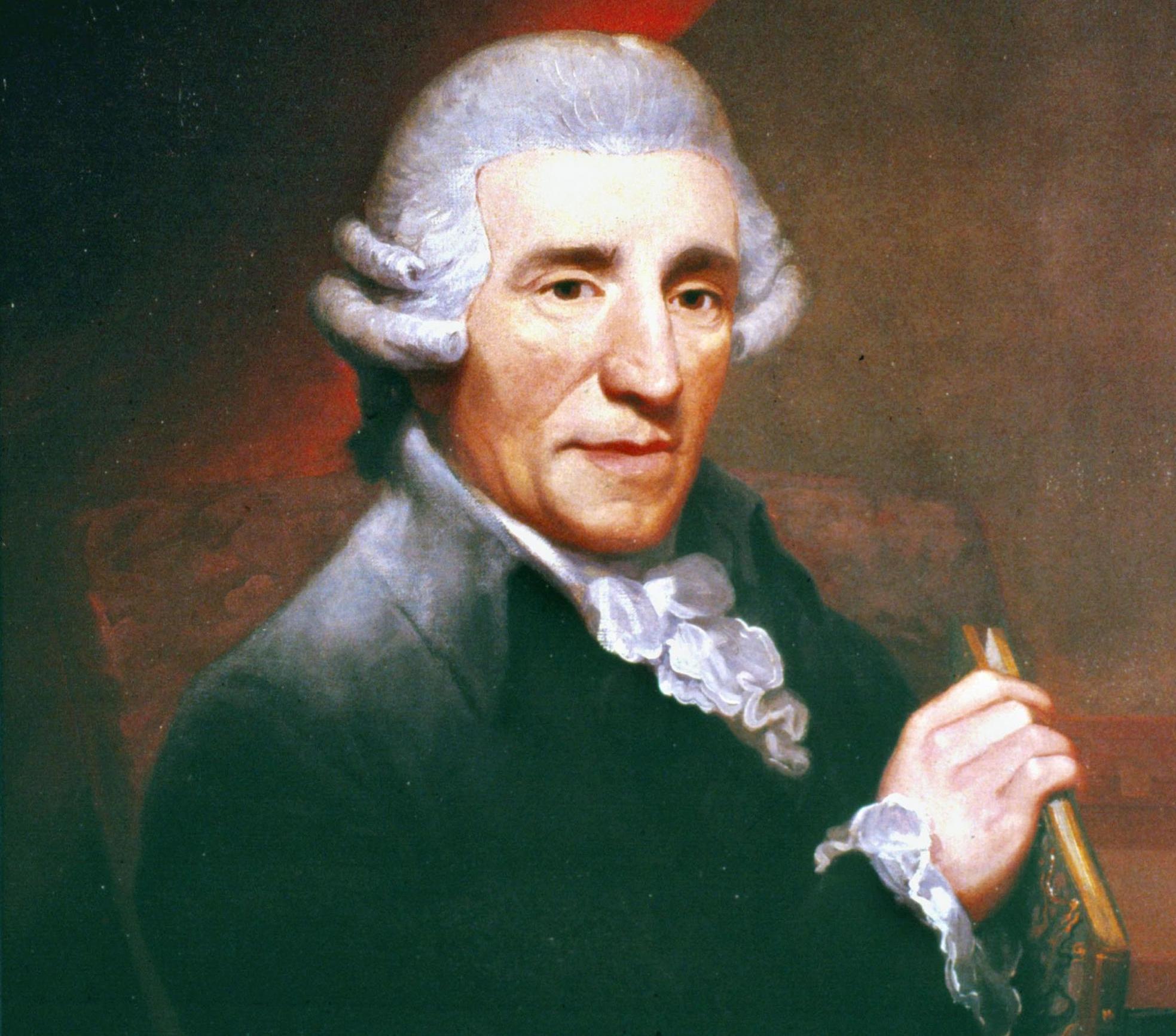Classical reviews – Beethoven’s ‘An die ferne Geliebte’/ Schubert’s ‘Schwanengesang’ and Haydn’s String Quartets
Roderick Williams performs the great song cycles of Beethoven and Schubert, while the Leipziger Streichquartett play three of Haydn’s masterpieces. By Michael Church

Beethoven: ‘An die ferne Geliebte’; Schubert: ‘Schwanengesang’
Roderick Williams, baritone; Iain Burnside, piano
(Chandos CHAN 20126)
★★★★★
Awed by their grandeur, Roderick Williams put off performing the great song cycles of Beethoven and Schubert for many years: doing so now with his veteran accompanist Ian Burnside, he makes that wait worthwhile. Each Schubert song is a miniature drama to which Williams brings an appropriate colouring: shy yearning for “Ständchen”, granitic heroism for “Der Atlas”, and mystery for the emotionally ambiguous songs; his sound ranges from tremulous delicacy to virile force, while Burnside coaxes lovely textures from his instrument.
Beethoven’s “song cycle to a distant lover” was written in 1816 – when his deafness and social isolation were at their height – and it embodies one of his perennial tropes. Its six episodes don’t form a chronological narrative with a conclusion, but take a circular form, like a love-token finger-ring: the theme of the first reappears at the conclusion of the last. The protagonist sits on a hillside, looking at the distant spot where he and she met, and his songs convey his message of love.
Haydn: String Quartets Vol. 12, Op. 17 Nos 2-4-6
Leipziger Streichquartett
(MDG 3072142)
★★★★☆
“Papa” Haydn wrote 68 string quartets, and as the progenitor of the genre, he showed the way for countless composers since, among whom Mozart and Beethoven (whom he mentored without much thanks from that great revolutionary) were the most prominent. A string quartet is a conversation with two violinists, a violist, and a cellist, and although it’s universally seen as the most perfect instrumental balance, it came about entirely by accident.
One day in the 1750s a rich Viennese patron invited his local priest, his estate manager, a cellist friend, and Haydn himself to join him for musical soirees, with Haydn providing things for them to play. When he was appointed music director for Prince Esterhazy, and ensconced in what became a nine-to-five job lasting decades, Haydn’s prolific creativity resulted in an extraordinary succession of masterpieces, of which three are played here by the Leipziger Streichquartett. Their sound is muscular and powerfully expressive: listen to this CD, and you will want to listen to more.
Join our commenting forum
Join thought-provoking conversations, follow other Independent readers and see their replies
Comments